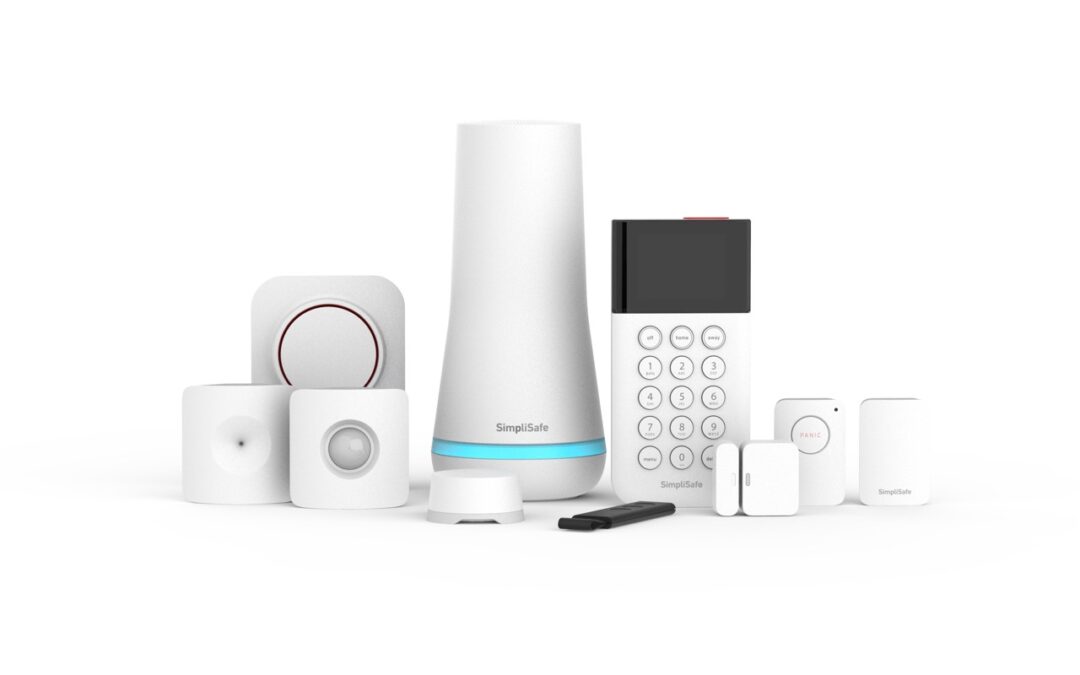In an era where climate change and environmental sustainability are at the forefront of global concerns, the construction industry increasingly recognises the need to adopt more environmentally friendly practices.
Euphemistically speaking, whilst rubble stacking isn’t dead and buried yet, the writing is on the wall for traditional building methods of construction to be replaced with more sustainable practices. Embracing sustainable and eco-friendly construction practices brings forth countless advantages that cannot be overlooked.
Reduced Carbon Footprint:
One of the most significant advantages of environmentally friendly construction practices is the reduction of carbon emissions. Traditional construction methods often involve energy-intensive processes and materials that contribute significantly to greenhouse gas emissions. The construction industry can play a crucial role in mitigating climate change by adopting sustainable alternatives, such as recycled materials, renewable energy sources, and energy-efficient designs.
Alongside our partners, we are working toward offering a sustainable alternative for every traditional option currently available.
Resource Efficiency:
Environmentally friendly construction emphasises the efficient use of resources, including incorporating recycled and reclaimed materials, as well as reducing overall material consumption. By minimising waste and maximising resource efficiency, construction projects can contribute to the conservation of natural resources and decrease the environmental impact of the industry. There are many products available now that utilise recycled materials in their manufacturing process.
Improved Energy Efficiency:
Green construction practices prioritise energy-efficient designs and technologies. From the planning phase to the construction and operation of buildings, emphasis is placed on reducing energy consumption. This can involve the use of smart building technologies, energy-efficient heating, ventilation and cooling systems, and the integration of renewable energy sources like solar panels. Over time, these measures not only benefit the environment but can also lead to substantial cost savings for building owners.
Enhanced Indoor Environmental Quality:
Environmentally friendly construction extends beyond external factors to consider the well-being of occupants. Green buildings often incorporate features that improve indoor air quality, such as natural ventilation, non-toxic building materials, and efficient ventilation systems. A healthier indoor environment can result in increased productivity, reduced absenteeism in a commercial setting, and improved overall well-being for occupants in both commercial and domestic settings.
Long-Term Cost Savings:
While the initial costs of adopting environmentally friendly construction practices may seem higher, the long-term benefits often outweigh the initial investment. Energy-efficient buildings lead to lower operational costs over time, with reduced energy bills and maintenance expenses. Additionally, sustainable construction practices can enhance the resale value of properties as the demand for eco-friendly structures continues to rise.
Regulatory Compliance and Market Demand:
With an increasing focus on environmental regulations and certifications, adopting sustainable construction practices can help builders stay compliant with evolving standards. As people become more aware of their social and individual responsibilities, the demand for eco-friendly structures increases. Businesses that align with sustainability principles attract environmentally conscious clients, tenants, and partners in design and construction.
Preservation of Ecosystems and Biodiversity:
Environmentally friendly construction practices aim to minimise disruption to ecosystems and biodiversity. By avoiding excessive land clearing and implementing responsible construction methods, builders can contribute to the preservation of natural habitats. This preservation benefits the environment and helps maintain the delicate balance of local ecosystems.
As the global community grapples with the challenges of climate change, the construction industry, of which we are a part, has a pivotal role in fostering a more sustainable future. By embracing environmentally friendly construction practices, we can build structures that meet the needs of the present and as well as contribute to future generations’ well-being. The benefits extend beyond environmental impact to encompass economic savings, regulatory compliance, and increased market competitiveness. As we continue to innovate and evolve, the journey towards a greener construction industry is crucial in creating a more sustainable and resilient world.
If you are contemplating a project and are not yet at the design stage, drop us a line. We can discuss your project requirements with you in detail, prepare a project brief and put you in contact with one of our panel designers who will best fit your requirements.


